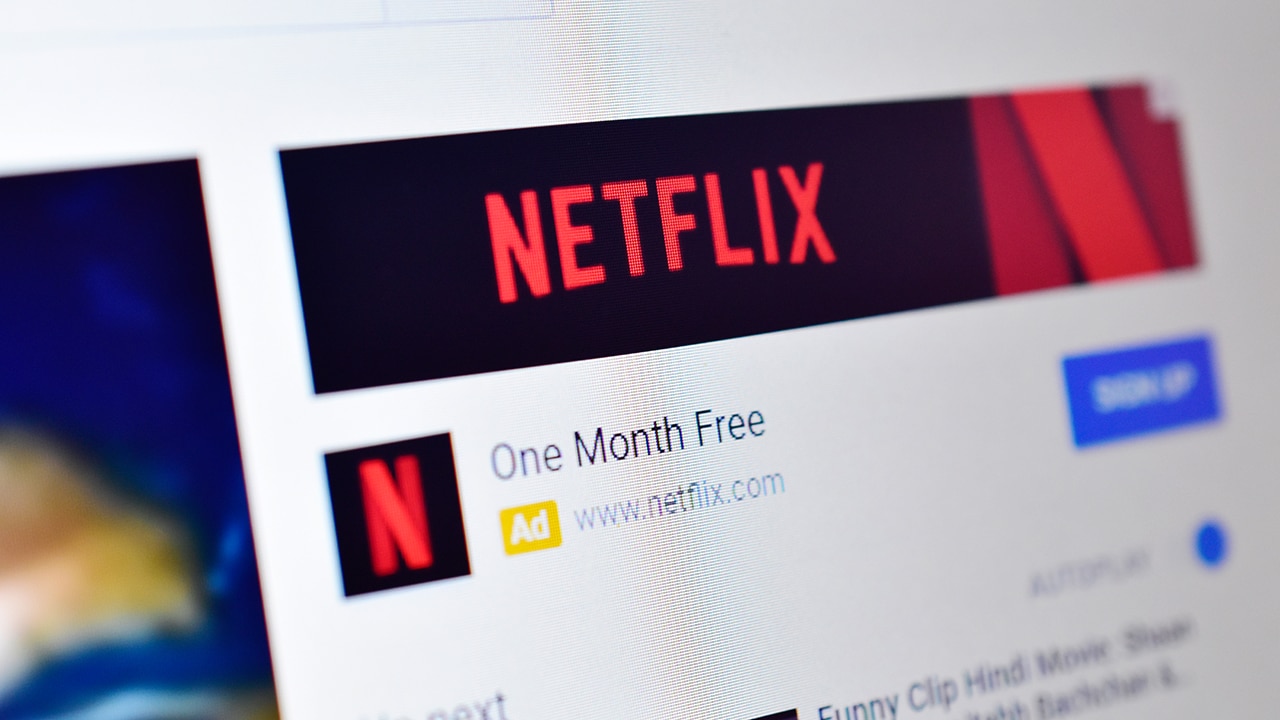Effective budgeting is a cornerstone of financial stability, yet many people find themselves struggling due to common budgeting errors. These mistakes can hinder your ability to save, invest, and even meet your daily financial needs. If you’re aware of these common pitfalls, you can avoid them, so your finances stay on track.
#1. Not Having a Budget at All

The most fundamental mistake is not having a budget. You need a clear understanding of how much you earn and how much you spend, otherwise managing your finances effectively is nearly impossible. Get started by tracking all your expenses and income to create a realistic budget.
#2. Underestimating Expenses

Underestimating your outgoings leads to budget shortfalls. Be sure to track your spending over several months to get an accurate picture of your expenses, including those that are irregular or seasonal.
#3. Overestimating Income

Just as underestimating expenses can harm your budget, so can overestimating your income. Always base your budget on your net income, not your gross income, and be cautious with variable income sources like bonuses or freelance work.
#4. Failing to Adjust Your Budget

Your financial situation can change, and your budget should reflect these changes. Regularly review your budget to accommodate changes in income, expenses, or financial goals.
#5. Ignoring Small Expenses

Small, frequent expenses, like daily coffee runs, can add up quickly. Track these minor expenses as they’re often the easiest to reduce or eliminate if you need to.
#6. Not Saving for Emergencies

Failing to allocate funds for emergencies can derail your budget in times of crisis. Start to build an emergency fund covering at least three to six months of living expenses.
#7. Neglecting Retirement Savings

Not including retirement savings in your budget can jeopardize your financial future. Start making contributions to a retirement fund as early as possible, even if it’s a small amount.
#8. Impulse Purchases

Impulse buying can quickly blow your budget. Try to differentiate between wants and needs, and give yourself a cooling-off period before making non-essential purchases. For example, for anything other than absolute essentials, I have a self-imposed 24-hour cooling-off period where I take the time to review if I really need to make that purchase.
#9. No Allocation for Entertainment

Completely cutting out entertainment and leisure can make your budget unrealistic and hard to stick to. Allow yourself some discretionary spending for enjoyment. Yes,
#10. Using Credit Cards Unwisely

Relying too heavily on credit cards without the ability to pay them off each month can lead to high-interest debt, undermining your budgeting efforts.
#11. Not Reviewing Regular Subscriptions

Regular subscriptions, even small ones, can add up. Regularly review your subscriptions and memberships, canceling those you no longer use or need.
#12. Overlooking Insurance Costs

Not accounting for insurance premiums in your budget can lead to financial strain. Ensure you include all insurance costs and review them annually for potential savings.
#13. Disregarding High-Interest Debt

High-interest debt, like credit card debt, eats into your budget. Prioritize paying off high-interest debts to reduce interest payments and free up more money for savings or other expenses.
#14. Lack of Financial Goals

Without clear financial goals, staying motivated and making effective budgeting decisions is challenging. Set short-term and long-term financial goals to guide your budgeting process.
#15. Not Comparing Prices

Failing to compare prices when shopping can result in overspending. Take time to research and compare prices, especially for significant purchases or regular expenses like groceries.
#16. Inconsistent Tracking of Expenses

Inconsistent tracking of expenses can lead to an inaccurate budget. Use a budgeting app or a spreadsheet to consistently monitor your spending.
#17. Not Planning for Taxes

Failing to plan for taxes can result in unexpected liabilities. If you have variable income, set aside a portion for taxes to avoid surprises at tax time.
#18. Ignoring Debt Repayment

Not including debt repayment in your budget can prolong your debt and increase interest costs. Develop a strategy for debt repayment and include it in your monthly budget.
#19. Emotional Spending

Emotional spending can derail your budget. Recognize triggers that lead to emotional spending and develop strategies to cope without resorting to retail therapy.
#20. Not Shopping with a List

Shopping without a list, especially for groceries, can lead to unnecessary purchases. Always shop with a list to avoid buying items you don’t need.
#21. Forgetting Annual or Semi-Annual Expenses

Forgetting to budget for annual or semi-annual expenses like property taxes or car maintenance can cause financial stress. Divide these costs by 12 to include them in your monthly budget.
#22. Lack of Flexibility

A budget that’s too rigid is difficult to adhere to. Allow some flexibility to accommodate unexpected expenses or changes in income. Recognize that you’ll probably slip up and overspend at times because that’s human nature. Don’t beat yourself up. Acknowledge the overage, make room for it in your flexible budget, and move on.
#23. Not Having a Contingency Plan

Life is unpredictable, and not having a contingency plan in your budget for unexpected life changes is risky. Regularly review your budget to adapt to lifes changes.
#24. Peer Pressure Spending

Spending to keep up with friends or family can quickly lead to financial strain. Stick to your budget regardless of peer pressure and find affordable ways to socialize.
#25. Not Seeking Financial Advice

Not seeking professional financial advice when needed can result in missed opportunities for savings or more efficient budgeting. You can always consult with a financial advisor for personalized advice.
More From Frugal to Free…
U.S. Budget Breakthrough: A Huge Step Forward Amidst Looming Shutdown Threat
Will Easing Inflation in America Continue?
The post Master Your Money: Avoid These Common Budgeting Pitfalls for Financial Stability first appeared on From Frugal to Free.
Featured Image Credit: Shutterstock / Geobor.
The content of this article is for informational purposes only and does not constitute or replace professional financial advice.
